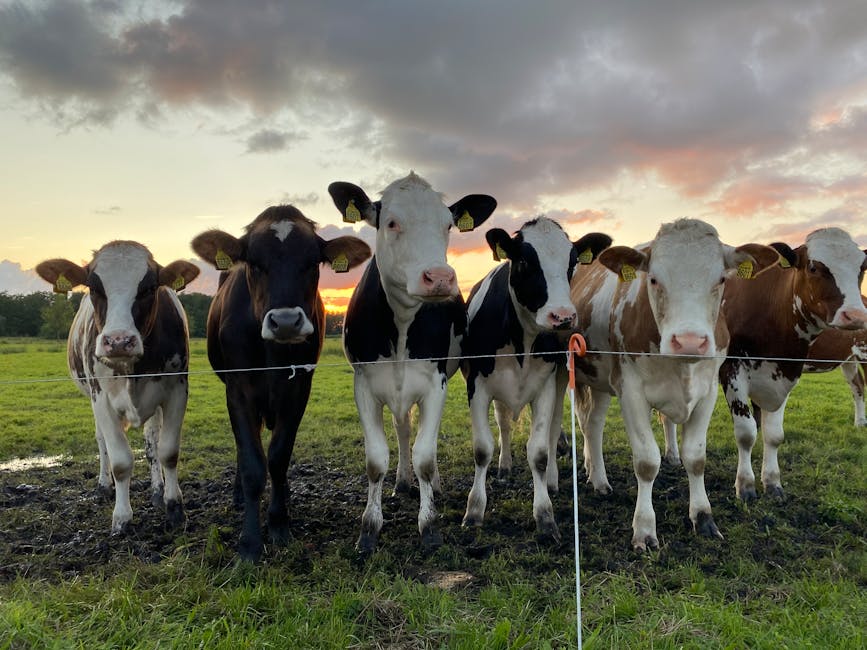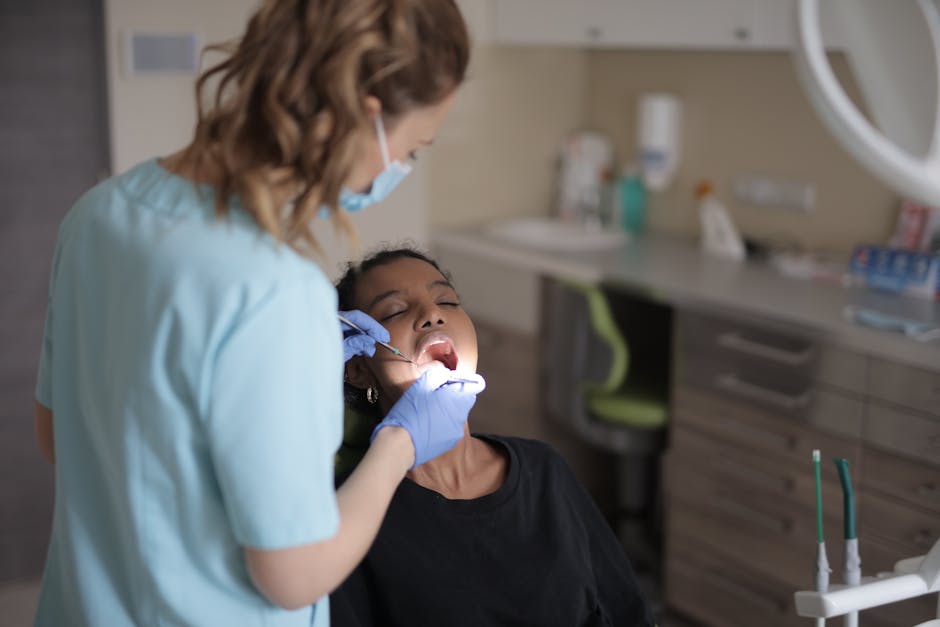As age increases, middle-aged and elderly people will face the reality of gradually declining physical functions, and the consciousness of maintaining health should also be strengthened. In today’s society, cancer has become a significant factor threatening the health of the middle-aged and elderly population. Therefore, mastering the early warning signs of cancer is crucial for prevention and implementing timely treatment.
For example, Mr. Li, a 62-year-old retired senior who enjoyed family happiness, loved to exercise and paid attention to health preservation. However, not long ago, he noticed a decrease in appetite and continuous weight loss. At first, he did not take it seriously, thinking it was merely due to fatigue. Later, during a bath, he accidentally found a hard lump in his abdomen. This discovery alarmed him, and he immediately went to the hospital for a comprehensive examination, where Mr. Li was diagnosed with early-stage liver cancer. Fortunately, due to the early detection, the disease was effectively controlled after surgical treatment.
This case points out that middle-aged and elderly people must closely monitor their health status, and seek medical advice immediately upon noticing abnormal conditions. Symptoms that may indicate cancer include:
- Persistent weight loss and slimming: Constant weight loss without an obvious cause can be seen as a potential sign of cancer; cancer cells may consume large amounts of energy in the body, causing the patient’s weight to decline.
- Long-term fatigue and exhaustion: Cancer patients may experience persistent fatigue and exhaustion in the early stages of the disease, and this fatigue cannot be relieved by rest.
- Abnormal bleeding or discharge: Symptoms such as nosebleeds, coughing up blood, blood in stool, and abnormal vaginal discharge should all be regarded as potential signs of cancer.
- Persistent pain or discomfort: If any part of the body experiences persistent pain or discomfort, it is also a signal that should raise concern, such as chest pain, abdominal pain, or bone pain; these conditions should be medically examined in a timely manner.
While these symptoms may not necessarily mean the presence of cancer, they are health alerts that should not be ignored. They could be signals of some issues in the body, reminding us that further diagnosis is needed. Besides causing tremendous physical pain to patients, cancer can also inflict a heavy psychological toll. The treatment process can be very difficult and extended, early detection and treatment are extremely important for improving survival rates and quality of life. For middle-aged and elderly people, regular physical examinations are an effective way to prevent and detect cancer.
Regular check-ups are key to mastering one’s health status, helping us to find and monitor potential health issues. Especially for middle-aged and elderly people, timely medical examinations are crucial because they can lead to the discovery and treatment of bodily abnormalities at an early stage, ensuring better health protection.
However, maintaining health requires even more effort. Middle-aged and elderly people should establish a healthy lifestyle, such as quitting smoking completely, limiting alcohol intake, initiating and maintaining a reasonable and balanced diet plan, and complementing it with an appropriate amount of physical activity. Such a lifestyle not only helps greatly in fighting cancer but can also enhance overall health levels and immunity more broadly.
These medical and lifestyle approaches are not the only weapons against cancer. As a deeper measure, we need to enhance our respect and cherish for health on a psychological level. Only by deeply understanding the value of health can we truly implement preventive measures in our daily lives and prevent tragedies from happening.
Just as a towering tree needs a solid foundation, health is the base sustaining the tree of life. Middle-aged and elderly people, as travelers on the journey of life, should cherish the precious asset of health. Should you encounter any discomfort, do not hesitate, immediately seek help from medical experts—this is the utmost care for oneself. Remember the ancient adage “prevention is better than cure”; only by continuously caring for and cherishing health can we enjoy those golden years and embrace the warmth of family and life.
Start now, let’s protect our health with care and practical actions, making a happy and healthy future possible.







